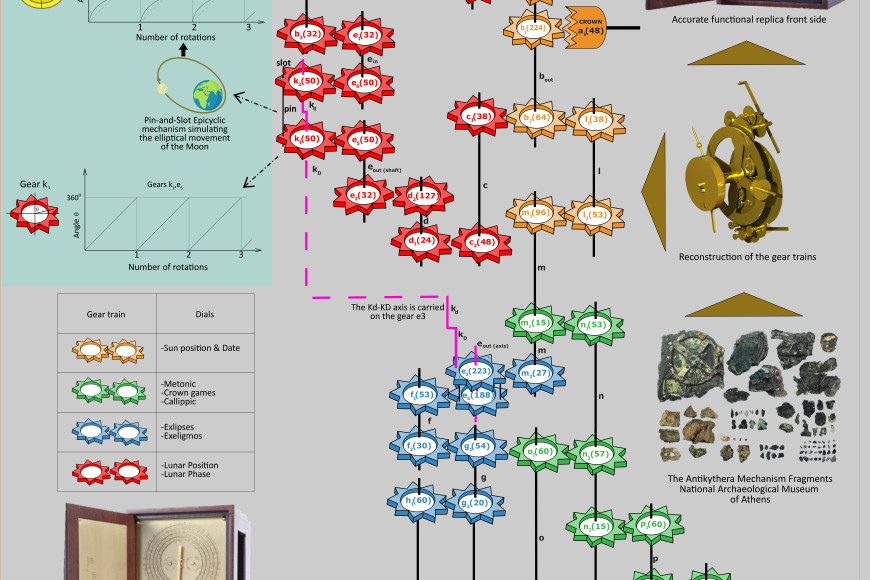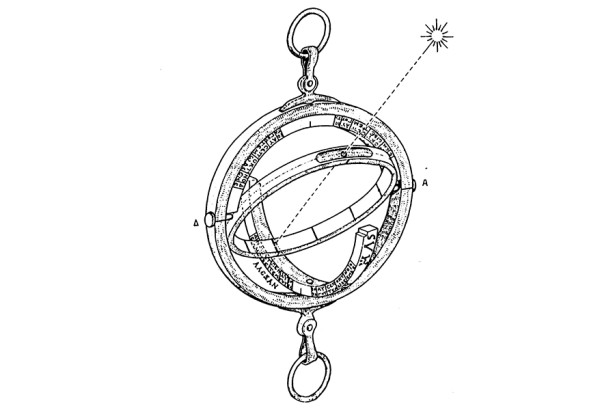Proceedings
Proceedings of the European Academy of Sciences and Arts (PEASA)
Authors
K. Efstathiou, M. Efstathiou, A. Basiakoulis
Citation
Efstathiou, K., Efstathiou, M., & Basiakoulis, A. (2023). The artistic complexity of the Antikythera Mechanism: a comprehensive tutorial. Proceedings of the European Academy of Sciences and Arts, 2(1). https://doi.org/10.4081/peasa.2
Abstract
Recovered in 1901, from a first-century BC shipwreck, the Antikythera Mechanism is considered to be the oldest extant complex geared device. It was constructed in ~150 BCE and was essentially an analogue computer, an astronomical and calendrical device, designed to predict astronomical phenomena, such as lunar and solar eclipses, to maintain calendar accuracy and to predict the dates of Panhellenic Games. The device was operated manually by a user, setting a date in a dial. All necessary calculations were made using a set of gears (at least 39), while the results were displayed on several scientific scales. The Mechanism’s miniature size, the elaborate gear trains, the use of eccentrical gears and the employment of a pin and slot gear system to calculate the anomalous orbit of the Moon, demonstrate that the Greek mechanicians of the Hellenistic period had become far more skillful in designing geared devices than the surviving written sources imply. Geared devices matching the complexity of the Antikythera Mechanism would not appear again in Europe until the mechanical clocks of the thirteenth century. This paper aims to present this ancient elaborate device in the most comprehensible way, highlighting the involvement of almost 20 scientific fields and arts, in its construction, discovery, study, decoding and reconstruction.
Available from the European Academy of Sciences and Arts



